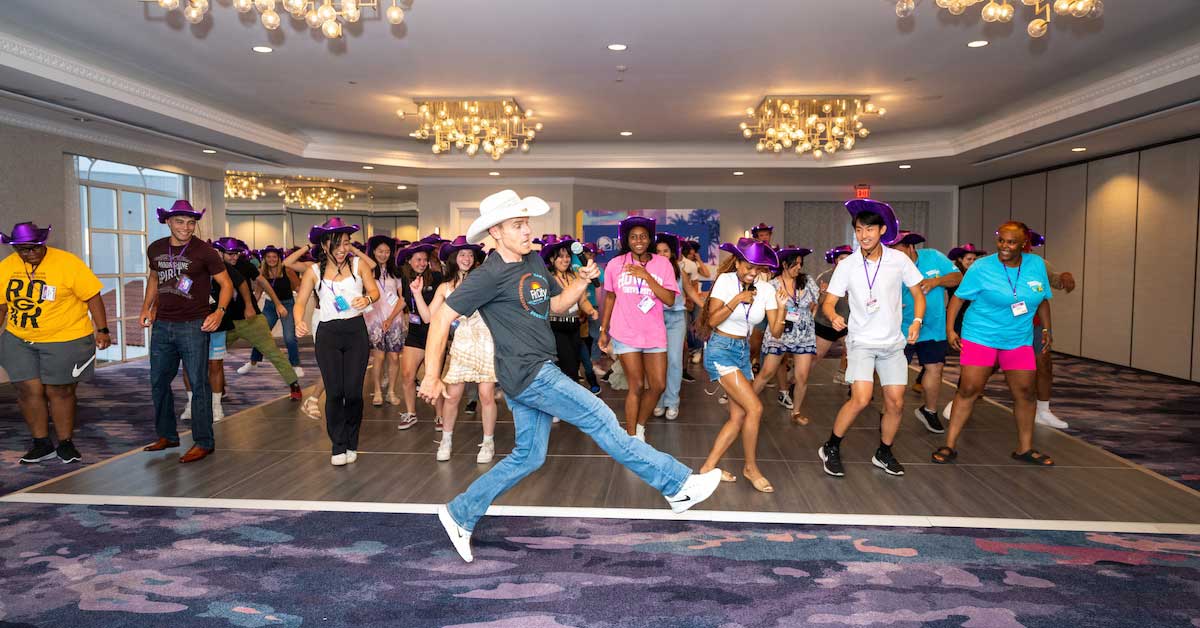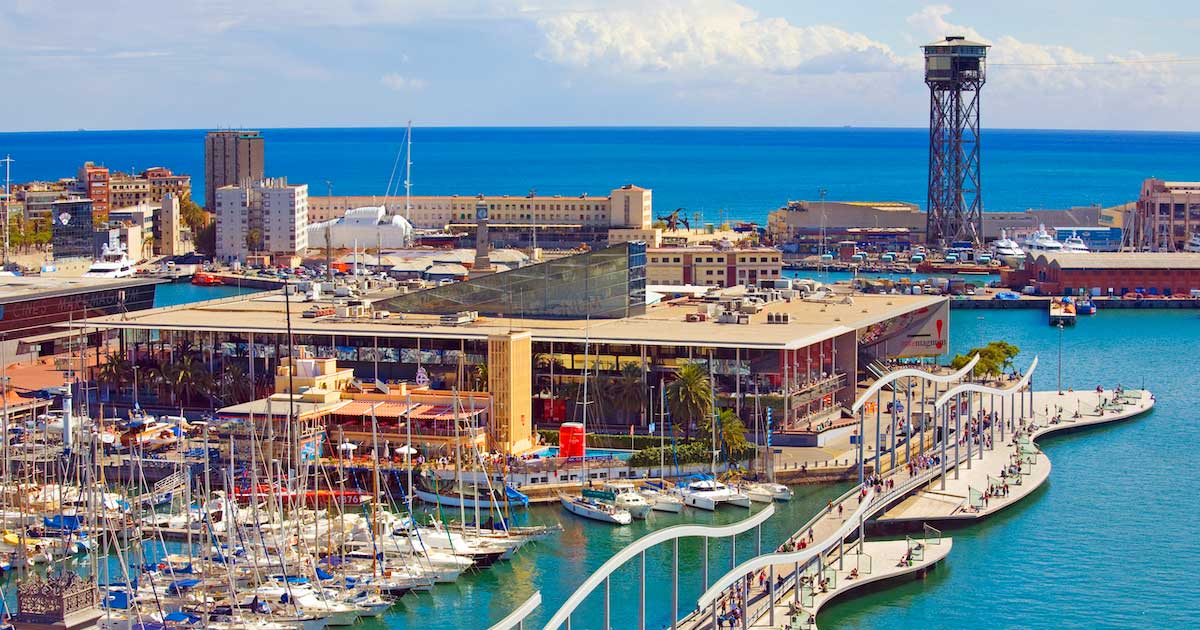As cities are opening up due to increased vaccinations and lower COVID levels, the greater hospitality industry is facing a new issue: staffing up. A recent poll from Florida Atlantic University (FAU) showed that more than 33 percent of respondents will be seeking employment outside the industry over the next year, while the number of new job openings is increasing exponentially.
But it’s not just a matter of how quickly operations need to get back online. According to Peter Ricci, Ed.D., director of FAU’s hospitality and tourism management program, there’s a greater issue: “For years, the industry has struggled with a public relations problem of long hours, low pay and demanding guests. Now those who work in the business have an even more tarnished image from the pandemic’s impacts. The industry needs more than just a PR campaign. It needs a full overhaul in its staffing levels, pay rates and employee treatment.”
Companies need to use this hiring crisis to reassess what they offer employees, from benefits and pay to company culture and opportunities for growth.
The industry has relied on the benefits of creative work, travel experiences and rewarding relationships to outweigh the costs of high stress and low pay. For several years in a row, event planning has been ranked as one of the top five most stressful jobs in the world, according to CareerCast. Many large hospitality employers fought a minimum wage hike, and there’s been a consistent pay disparity between event planning and other similarly complex roles like project manager (see my article about salary transparency in the February issue). As a result, while being furloughed or laid off during the pandemic, many hospitality and event professionals reassessed whether the industry is still right for them. Respondents to the FAU survey said they felt employers were quick to reduce staff, “caring more about stock value than the workers themselves.”
The staffing shortage won’t just affect operations in the near term. The negative image will affect future generations of our industry. Ricci predicts a decline in university hospitality and event programs: “These programs are the largest pipeline of future workers for the hospitality and tourism industry in America.”
Companies need to use this hiring crisis to reassess what they offer employees, from benefits and pay to company culture and opportunities for growth if they want to meet their immediate staffing needs and ensure our industry’s future health. Let’s build back better.
Look for more on this topic next month, when I discuss the importance of retaining good talent with a compelling company culture.


.jpg?sfvrsn=96553155_1)




